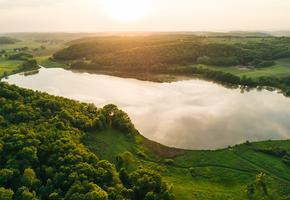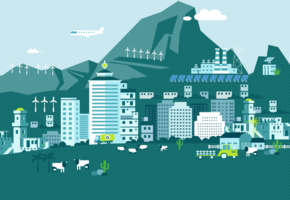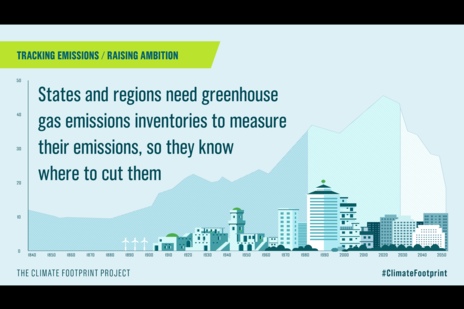
About
Phase II of the Climate Footprint Project has provided targeted technical assistance and support to participating states and regions. This has helped them to identify and reduce their GHG emissions.
Specifically, the project has worked to enhance their Measurement, Reporting and Verification (MRV) capacity and knowledge, to provide further opportunities for tracking and cutting emissions.
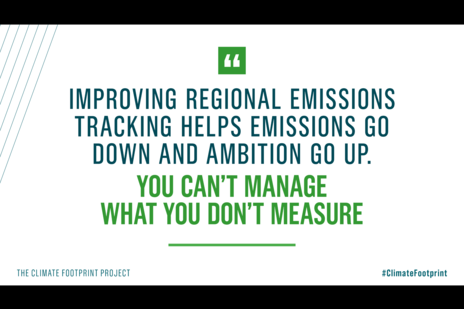
Participating states and regions
The project’s second phase ran until October 2022. It involved the following states and regions:
- Amapá (Brazil)
- Antioquia (Colombia)
- Boyacá (Colombia)
- Caquetá (Colombia)
- Gauteng (South Africa)
- Guanajuato (Mexico)
- Jammu and Kashmir (India)
- KwaZulu-Natal (South Africa)
- Mato Grosso do Sul (Brazil)
- Sonora (Mexico)
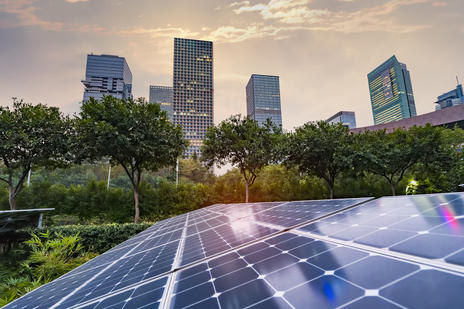
The main themes
States and regions were able to choose from the following list of technical support options:
- Climate action plans – design, analysis, pathways planning and report writing
- GHG emissions inventories – compilation, documentation and improvement
- GHG emissions projections – baseline, conditional and unconditional pathways
- Tracking progress against targets and projections
- Governance integration – vertical integration with national and subnational governments
- Climate finance – cost assessments, gap estimations and fund application
- Institutional arrangements for GHG inventories and MRV systems
- Climate change adaptation and resilience planning
- Reporting commitments – related to GHG emissions reductions targets and compliance with international initiatives
- Long-term decarbonisation pathway vision setting
We worked with each participating state to provide them with a tailored package of interventions - selected from the above list. Each package of support was unique, and targeted to their individual needs and priorities.
The project provided ten tailored technical assistance packages, including four long-term interventions (delivered over three to six months) and six short term interventions (delivered over one to three months).
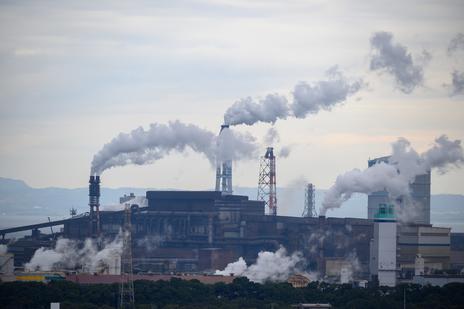
Workstream 1: technical assistance and training
Participating states and regions received a tailored package of technical assistance support. This was based on their regional needs and priorities, as well as the maturity of their MRV systems.
Activities under this workstream helped to build the capacity of states and regions, improving their knowledge and skills to measure, report and verify GHG emissions.
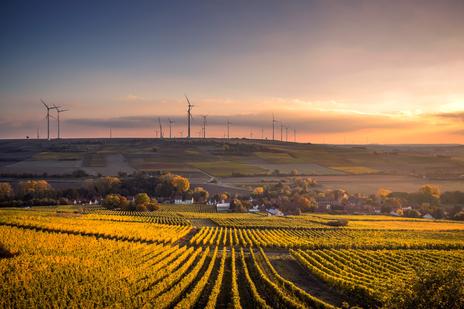
Workstream 2: aligning with national governments
The project has ensured that regional MRV systems are aligned at local and national levels.
Outputs and learnings from the project have been captured and shared with relevant institutions to help support integrated climate action.
Workstream two was not a standalone activity. It was integrated into workstreams one and three, by bringing actors together from the national, state, district and city levels.

Workstream 3: knowledge sharing
States and regions shared their experiences with the Under2 Coalition and other states and regions through peer forums and knowledge products. This ensured that members were informed on how to enhance MRV systems and mitigation strategies.
Supporting best practice across the Coalition has helped to drive more ambitious commitments and action by enhancing the capacity of subnational governments.
Project resources and outputs
Project overview
Knowledge products
Peer forum recordings
Peer forum 1 - Insights into climate adaptation tracking
Climate Footprint Project Phase II: Peer Forum 1 - Climate Adaptation Tracking (English)
Peer forum 2 - Engaging multiple levels of government in state climate actions
Climate Footprint Project Phase II: Peer Forum 2 - Stakeholder Engagement (English)
Climate Footprint Project Phase II - Peer Forum 2 - Stakeholder Engagement (Español)
Peer forum 3 - Successfully accessing different sources of funding – a state/ regional perspective
Climate Footprint Project Phase II: Peer Forum 3 - Climate Finance (English)
Climate Footprint Project Phase II: Peer Forum 3 - Climate Finance (Español)
Peer forum 4 - Using satellite data for accelerating climate action
Climate Footprint Project Phase II: Peer Forum 4 - Driving action with satellite data (English)
Climate Footprint Project Phase II: Peer Forum 4 - Driving action with satellite data (Português)
Core consortium partners
Climate Group
The Consortium Lead, responsible for overall project implementation and managed.
Local partners
WayCarbon (Brazil)
Ecoversa (Colombia)
A not for profit with extensive experience in formulating public policies related to climate change and GHG inventories.
TERI (The Energy and Resources Institute) (India)
Carbon Trust (Mexico)
Sustainable Energy Africa (SEA) (South Africa)
Facilitation partner
Edge Effects
Peer learning facilitators who design and facilitate participatory and co-creative learning processes for a sustainable future.
Supported by
The International Climate Initiative (IKI)
